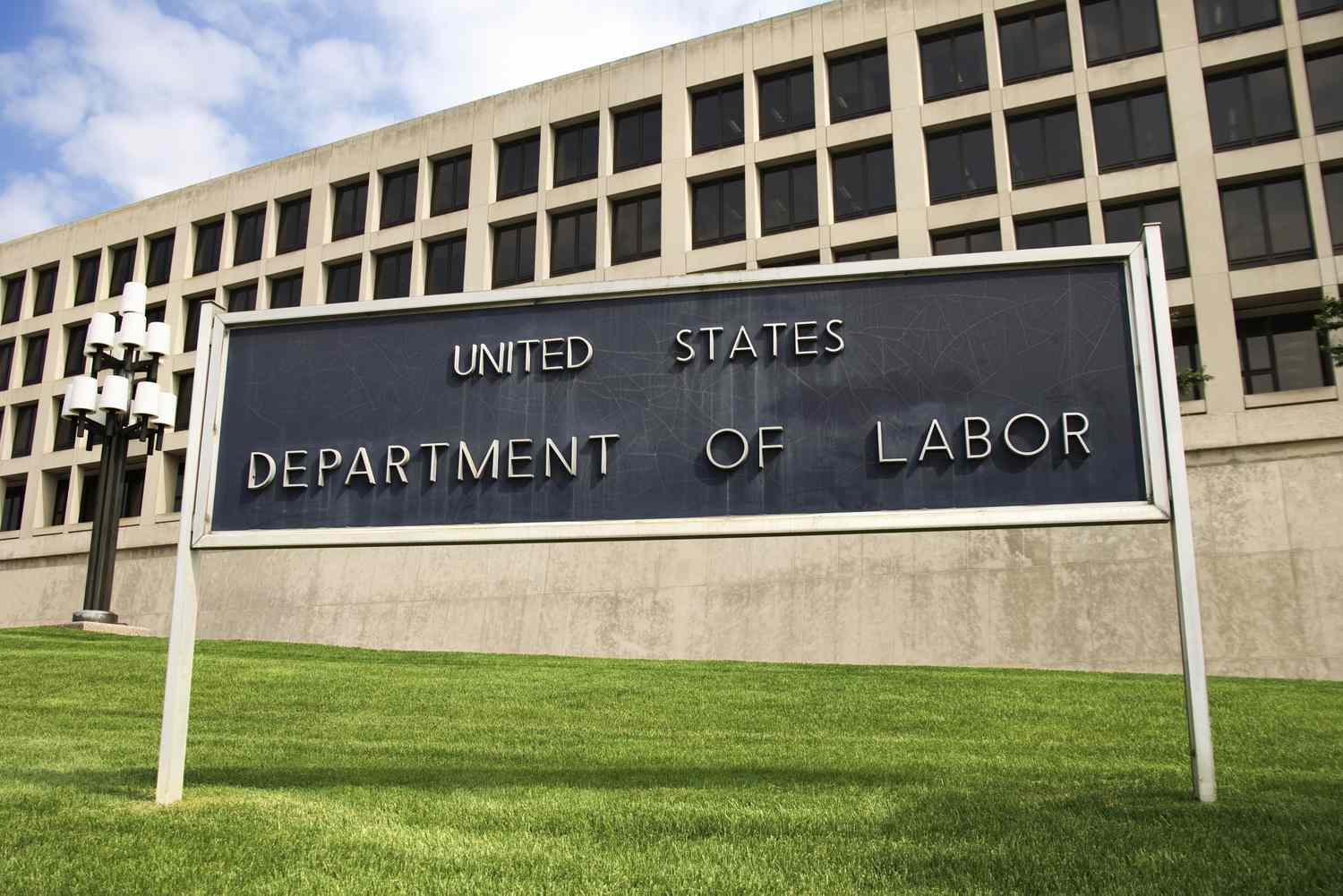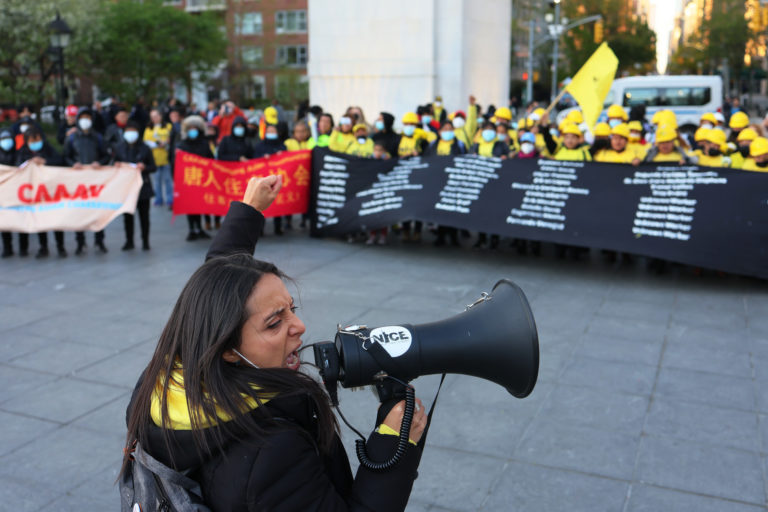
Sophia is a student at Harvard Law School and a member of the Labor and Employment Lab.
In today’s news and commentary, President Trump names two NLRB nominees; Senator Bernie Sanders introduces guaranteed universal pension plan legislation; the DOL quietly ends its only job training program for low-income seniors; and USCIS sunsets a program granting deferred action to undocumented workers subject to labor law violations.
Yesterday, President Trump nominated Scott Mayer and James Murphy to fill the Board’s two vacant Republican seats. Mayer has worked at the management-side labor law firm Morgan, Lewis & Bockius LLP, MGM Resorts, InterContinental Hotels, and is currently Chief Labor Counsel at The Boeing Company. Murphy is a career NLRB attorney who has served on the staffs of dozens of Board members and most recently as Chief Counsel to Board Member Marvin E. Kaplan. If Mayer and Murphy are confirmed, the Board would regain quorum allowing the agency to fully function with a Republican majority.
At a portable benefits hearing held on Thursday by the Senate Committee on Health, Education, Labor and Pensions, Senator Sanders (I-Vt.) introduced the Pension Protection Act, which would require every private-sector employer to provide a defined-benefit retirement plan to their employees that is at least equivalent to the federal employee pension system. Sanders’s proposal follows legislation introduced by Committee Chair Bill Casidy (R-La.) last week which would allow employers reliant on independent contractors to offer portable benefits to these gig workers without triggering questions of employment status/classification. Portable benefits have gained traction with the ongoing rise of the gig economy and an increasing number of jobs in fissured workplaces. Last month I wrote about a portable benefits bill passed by the Wisconsin state legislature and earlier this year the Center for Labor & a Just Economy at Harvard Law School published guidance for creating worker-centered benefits programs.
In reporting by Bloomberg Law, the U.S. Department of Labor quietly axed the Senior Community Service Employment Program (SCSEP) — its sole nationwide job training program for low-income seniors. The cut comes just as thousands must now satisfy new work requirements imposed by the “Big Beautiful Bill” in order to access Medicaid and SNAP benefits. The program connected seniors to community service opportunities at schools, hospitals, and other institutions to help them get volunteer or paid job positions. In 2023, more than 42,000 adults participated in SCSEP and 65% of those individuals depended on public assistance in some form.
Lastly, the U.S. Citizenship and Immigration Services (USCIS) appears to be sunsetting the Deferred Action for Labor Enforcement (DALE) program which was created under the Biden administration in an effort to give undocumented workers greater security after reporting labor violations. DALE allowed undocumented workers involved in state or federal labor law investigations to apply to USCIS for up to four years of deferred action from deportation and temporary work authorization. The end of the program will likely make undocumented workers less inclined to report workplace abuses, which will in turn hamper efforts to hold employers accountable and keep workplaces safe by state and federal agencies charged with enforcing labor laws.






Daily News & Commentary
Start your day with our roundup of the latest labor developments. See all
December 19
Labor law professors file an amici curiae and the NLRB regains quorum.
December 18
New Jersey adopts disparate impact rules; Teamsters oppose railroad merger; court pauses more shutdown layoffs.
December 17
The TSA suspends a labor union representing 47,000 officers for a second time; the Trump administration seeks to recruit over 1,000 artificial intelligence experts to the federal workforce; and the New York Times reports on the tumultuous changes that U.S. labor relations has seen over the past year.
December 16
Second Circuit affirms dismissal of former collegiate athletes’ antitrust suit; UPS will invest $120 million in truck-unloading robots; Sharon Block argues there are reasons for optimism about labor’s future.
December 15
Advocating a private right of action for the NLRA, 11th Circuit criticizes McDonnell Douglas, Congress considers amending WARN Act.
December 12
OH vetoes bill weakening child labor protections; UT repeals public-sector bargaining ban; SCOTUS takes up case on post-arbitration award jurisdiction